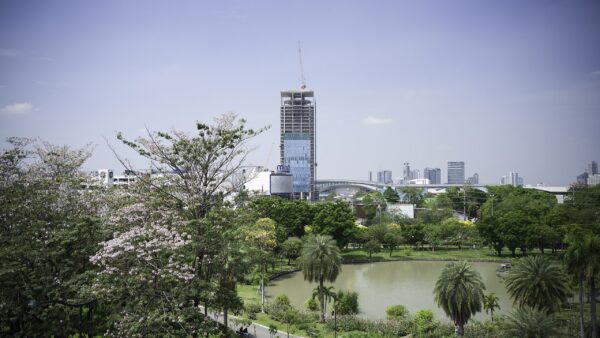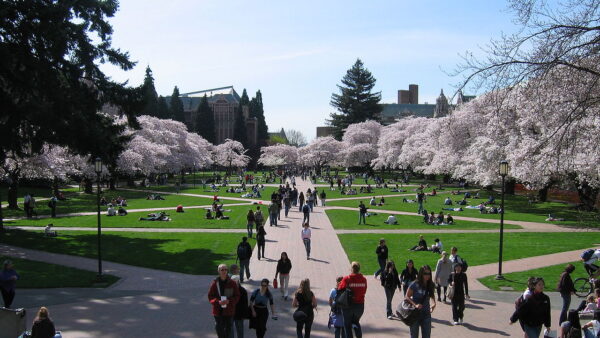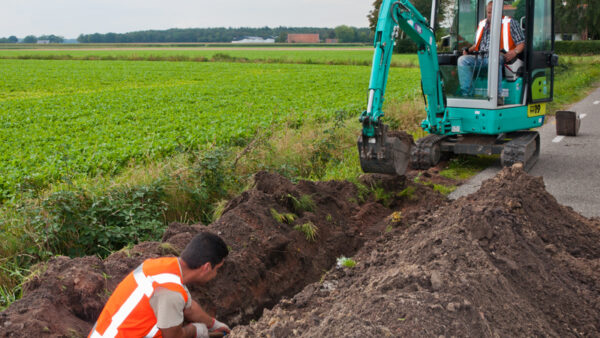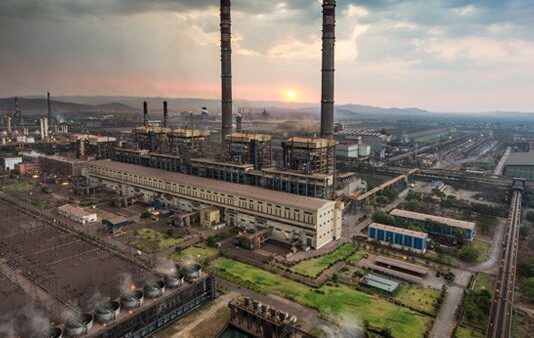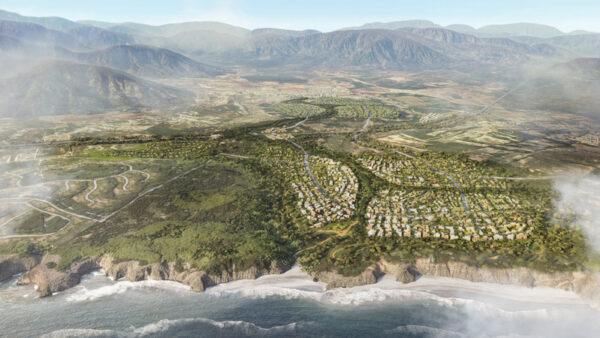The Republican People’s Party (CHP) of Turkey has unveiled a plan to build a $200bn city at a secret location if it wins the general election on 7 June.
At least one poll suggests the CHP stands a chance of sharing power after the vote.
The promise was made last week by the party’s leader, Kemal Kilicdaroglu (pictured). He said the city, to be called Turkey Central, or Hub Turkey, would be completed by 2035, with the state putting up one quarter of the funding.Â
“If we use the advantages stemming from our geographic location, Turkey will be a paramount country in the region and in the world,” Kilicdaroglu said. “We are able to reach 1.5 billion people in 58 countries with a four-and-a-half-hour flight. This is an advantage no other country is bestowed with.”
He added that the scheme would provide jobs for 2.2 million people and produce additional revenue totalling $147bn.
The exact location of the city was not stated, but there was speculation that it would be in the centre of the country, between the Black and Mediterranean seas.Â
One Republican party candidate told Turkey’s Zaman newspaper that the location was being kept a secret. “If we unveil the location, this would create unfair profit for certain groups,” he said. “The exact location will be decided in consensus with partnering local and foreign companies.”
The success of the Turkish economy over the past 10 years has been underpinned by its construction industry, which has completed a series of multi-billion projects in its home market, and has also enjoyed success in Russia and the wider Middle East.Â
The chance of the CHP having a say in policy after the election appears to be greater than at any time since Recep Erdogan became prime minister – and later, president – in 2003.
In one poll reported by Reuters on 25 May, Erdogan’s ruling AK Party is seen losing its parliamentary majority in the election and having to form a coalition government.
That poll put AK support at 41%, with Kilicdaroglu’s Republican People’s Party at 26%, the nationalist MHP at 18.1%, and the pro-Kurdish HDP at 10.4%, just above the 10 percent threshold needed to enter parliament.





